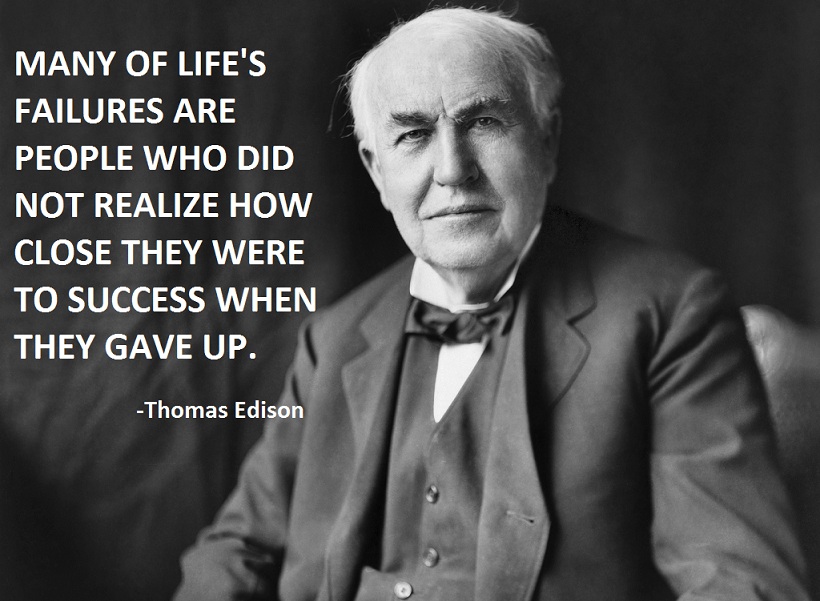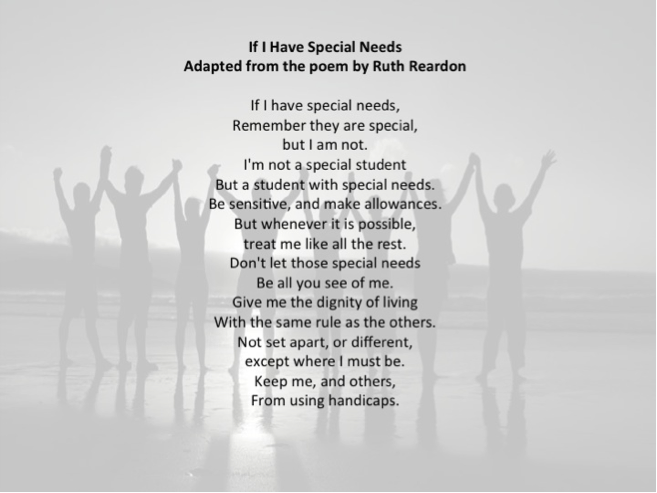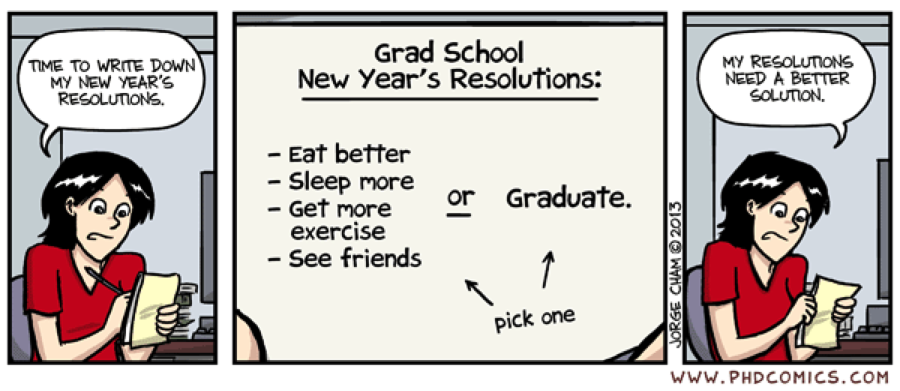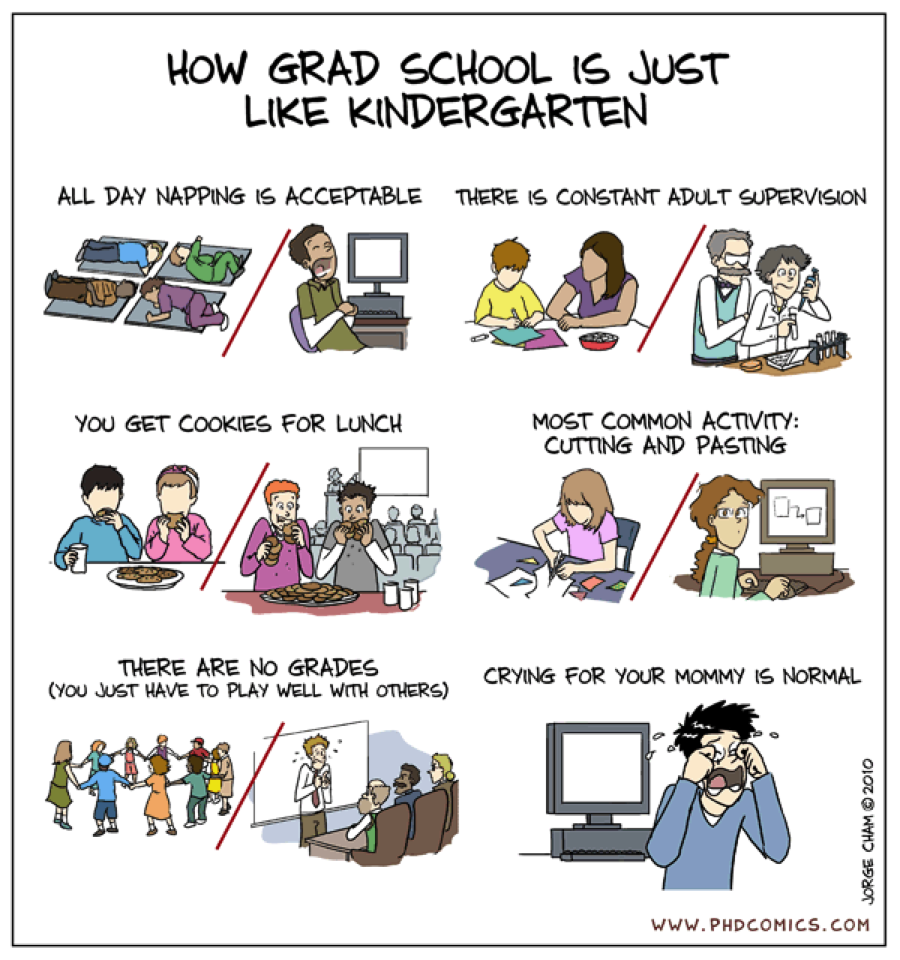This week’s post by Amy Dickerson, a Master’s of Education student who balances her academics with both teaching and motherhood. We’d like to thank Amy for her outstanding contribution this week.
“Having a low opinion of yourself is not ‘modesty.’ It’s self-destruction. Holding your uniqueness in high regard is not ‘egotism.’ It’s a necessary precondition to happiness and success.” – Bobbe Summer
Often, we have naysayers in our lives sending us negative messages and challenging whether we can achieve what we have embarked upon. I know that I have personally had criticisms tossed at me such as, “You can’t have it all; You’re going to be 80 when you’re done; Get done so you can join the real world.” Most of the time, these messages are easy to dismiss and let slide away; at other times, it is more difficult to shrug them off. When the latter is the case, negativity may join our own thoughts and feed any lingering doubts we might have, and it is much more difficult for us to dismiss negative thinking when it comes from inside. But why on Earth would we deliver critical messages to ourselves when we have enough negativity from outside?

For me, I have felt a fear of success, which is really a fear of failure and when I take steps toward my personal and professional goals. I sometimes feel like I am not good enough, smart enough, or somehow don’t fit in, similar to the Imposter Syndrome. If I am someday ‘successful’ (whatever that means), is that going to be it, will there be anywhere to go when I get there? As a budding researcher, I realize that there is never going to be a shortage of topics to research and write about, so success cannot be a ladder-type scenario; it is more like a spiral in nature, opening more and more doors as I work through my career. I think I get caught up in that it’s ‘warm, safe and comfortable’ feeling of the status quo and forget that life (to me) is about challenge, taking risks and growing. I sometimes need to remind myself that I am worthy and capable; that I just need to keep moving, keep growing despite what others, or even my own mind, say.
I honestly did not even realize I had been actively participating in my own destruction, and was left wondering why I didn’t finish that project or why that relationship ended. Then one day a very sage and deeply grounded friend looked at me and simply said, “It’s called self-sabotage.” I started to reflect upon where it came from and why I was doing it, what was it serving me – or was it at all?
In my newfound awareness, it was up to me to change that acquired thinking and move forward in a more positive way. This is not an easy endeavor, and when you encounter external negativity and others’ desires to maintain a status quo, it becomes much more difficult. I have learned, and am practicing, as I move through my 30s, that assertiveness is not equivalent to aggression, and that meeting my own needs is not the same as being selfish. I make plans and take risks and have chosen to be led by my own desire and abilities on a path of personal and professional growth.
When I started this journey, I attended the 3rd Annual International Summer Colloquium at Nipissing in July 2013. I spoke with one of the organizing professors (and my Theories of Learning professor in the fall) and he said something that has really resonated with me, and helps me out when people wonder to me why I am doing all of this. Dr. Ron Wideman looked at me and said, “Your MEd will open up doors that you don’t even know exist yet; the doors may not even exist yet.” So how can we define what it means to be successful if the outcome of our journey may not even exist? I think it is more important to focus on the process and not on the outcome. In the words of Ralph Waldo Emerson, “Life is a journey, not a destination.”
More about self-sabotaging:
Self-Sabotaging: Why We Get in Our Own Way
http://www.psychalive.org/self-sabotaging/
8 Self-Sabotaging Lies to Stop Telling Yourself
http://www.mindbodygreen.com/0-16836/8-self-sabotaging-lies-to-stop-telling-yourself.html
Self-Sabotaging in Work or Relationships? Why?
http://www.huffingtonpost.com/margaret-paul-phd/stop-self-sabotage_b_3361059.html



